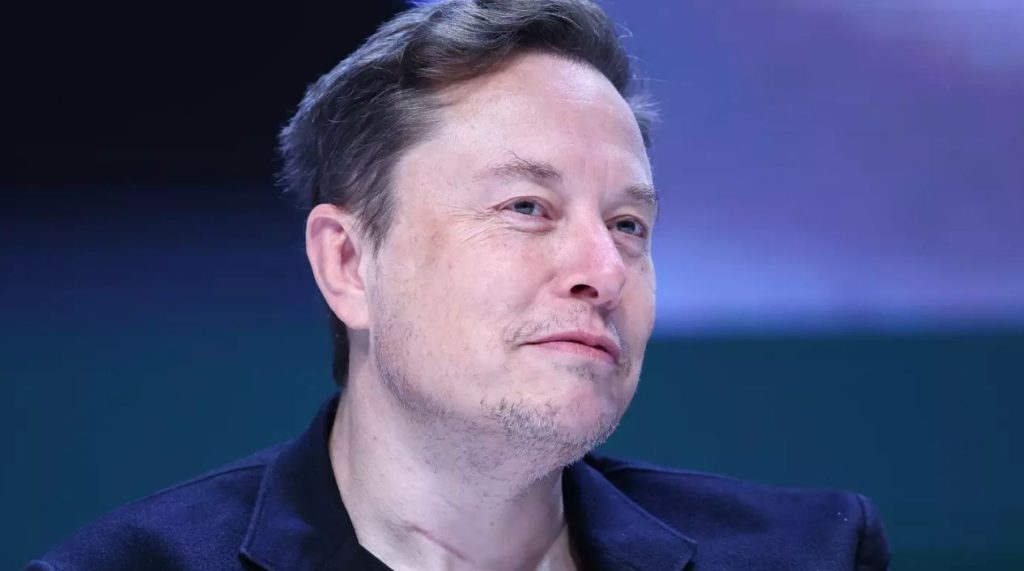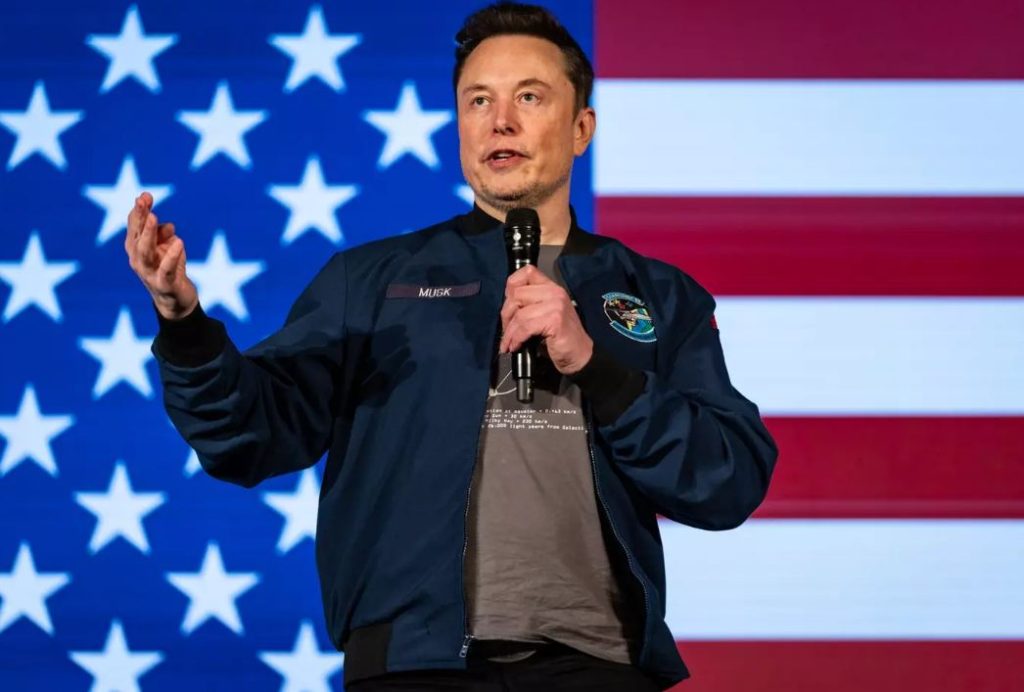In a landmark decision, Tesla, Inc.’s board approved a compensation deal for Elon Musk that could reach US$1 trillion if various performance targets are met. The package sets an unprecedented benchmark in corporate pay and raises questions about governance, wealth distribution and the scale of ambition being placed on Musk and Tesla’s future.
The Metrics Behind the Windfall
The deal ties Musk’s potential payout to several aggressive growth milestones. These include pushing Tesla’s market valuation into the multi-trillion dollar range; significantly scaling electric-vehicle production; and advancing ambitious robotics and autonomous-transport goals. If Tesla hits all the tranches of targets, Musk’s stake and personal net worth could soar accordingly. This conditional structure positions the pay package more like a mega-long-term incentive than a traditional salary.

Putting One Trillion Into Perspective
To illustrate the sheer size of one trillion dollars: if that amount were distributed evenly among the world’s population (roughly 8.2 billion people), each individual would receive around US$120-125. Though modest per person, the statistic frames how large one trillion truly is in human scale. It underscores that what may seem abstract in numbers can still be massive in corporate or individual consequence.
Why the Board Went Big
Tesla’s board argues that Musk is central to the company’s success, given his roles in strategic vision, product development and market leadership. By offering such a high-ceiling package, the board seeks to align Musk’s incentives with long-term shareholder value and to lock in his commitment through the critical next phase of Tesla’s evolution — including robotics, AI and autonomous mobility. The scale of the reward reflects the scale of the ambition.
Critics Raise Red Flags
Despite the excitement, critics call the package excessive and a symptom of unequal reward structures. Some point out the extreme benchmarks — including valuation growth orders of magnitude above current levels — are speculative and risky. Others caution that tying such high rewards to a single individual may concentrate power and risk governance oversight. For those skeptical, the number itself prompts broader questions about corporate responsibility and the value of linking leadership pay to speculative goals.
What It Means for Tesla and Beyond
For Tesla, the deal signals an intensified push into new domains beyond traditional auto manufacturing — a bet on autonomous systems, robotics and next-gen mobility. For Musk personally, the upside is massive if everything goes to plan. For other companies, the headline figure sets a new benchmark and may influence how executive compensation is framed in the future. The broader economy may feel ripples, too: discussions over wealth inequality, shareholder value, and executive accountability become louder once figures like this hit the headlines.

Final Thoughts: Ambition, Accountability and Value
In summary, Elon Musk’s potential trillion-dollar pay package marks a turning point in how we think about scale — of ambition, corporate growth and personal reward. It highlights that modern corporations are willing to place huge bets on visionary leadership. But with that comes increased scrutiny: Are the goals realistic? Is the risk too concentrated? Will long-term value truly follow? Whatever happens, the story forces us to ask: When a company ties billions — or trillions — to one person, how do we ensure the results justify the reward?

















